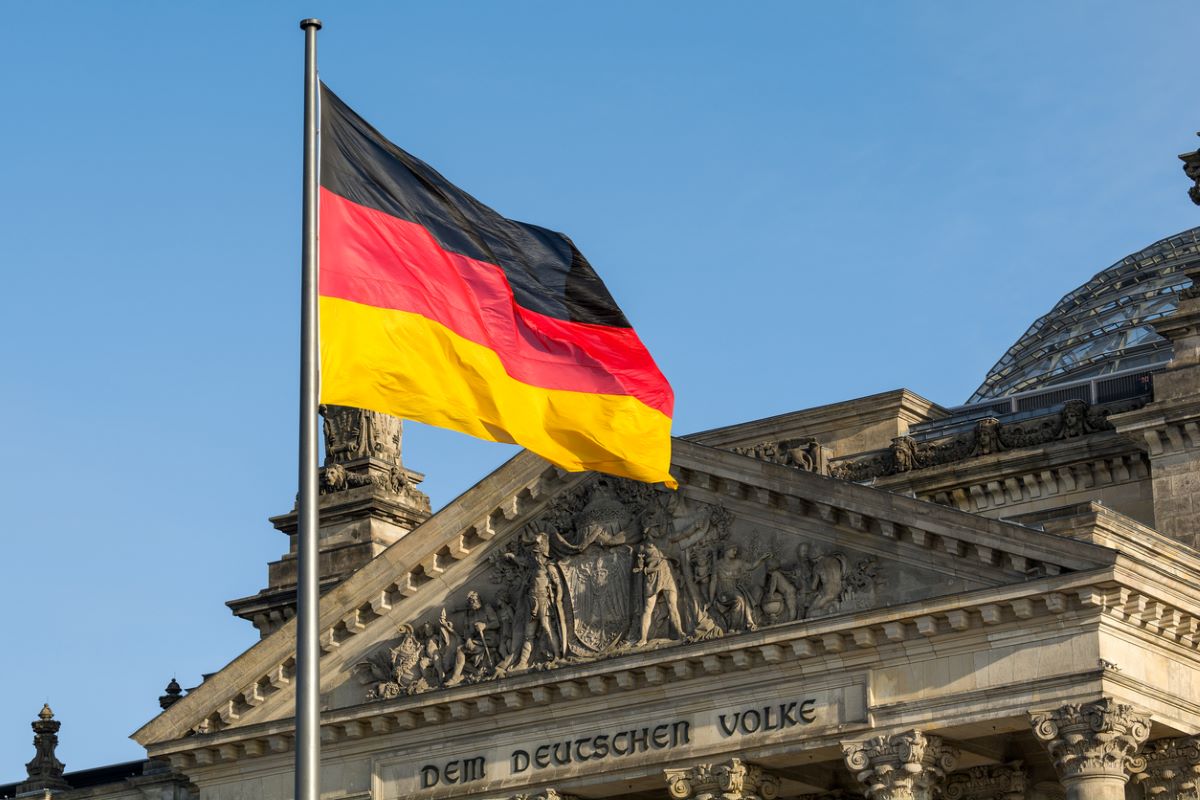Russia ready for equal dialogue with US: Kremlin
Russia is open to equal dialogue with the United States and is waiting for a signal from Washington, Kremlin Spokesman Dmitry Peskov said on Thursday.
Add to this the massive demand from China, and it is no surprise gas prices have soared. Russia, which provides over 40 per cent of EU gas imports, officially denies restricting supplies to Europe but it is an open secret that this screw is tightened by the Kremlin when required tactically. It is key leverage for President Putin, and he knows it.

representational image
The reason energy security is a key geostrategic aspiration for all world powers is illustrated by the current situation in Germany where the ‘energy trilemma’ has restricted Europe’s most powerful country from reacting as robustly as it may have liked to Russian threats, including in Ukraine.
As a European foreign policy expert wrote in the Financial Times recently, a gas price and supply crisis has made Europe, and especially Germany, “vulnerable to political blackmail” from Moscow. Caught between ambitious climate goals and Russian gas dependence, Berlin has been leaden-footed in response to President Vladimir Putin’s aggressive posture, much to the chagrin of Washington which is leading the transAtlantic response to Russia’s troop build-up on the Ukrainian border.
Advertisement
Germany’s energy trilemma ~ a term used to describe a country’s ability to provide energy in terms of environmental sustainability, social impact, and security ~ is evident, and due largely to the premium placed on the first two criteria at the cost of the third. Europe’s economic powerhouse is now paying the price and restricting the ability of the continent to collectively push back against Russia.
Advertisement
The European Union’s “Green Deal” seeks to make Europe carbon-neutral by 2050 and reduce emissions by at least 55 per cent by 2030. Experts say that while these are laudable aims given the dangers of climate change, and are supported by European public opinion, a sharp spike in demand from a pandemic slump amidst shrinking European gas production and a failure to replenish gas storage facilities after last year’s winter have combined to produce months of energy market volatility.
Add to this the massive demand from China, and it is no surprise gas prices have soared. Russia, which provides over 40 per cent of EU gas imports, officially denies restricting supplies to Europe but it is an open secret that this screw is tightened by the Kremlin when required tactically. It is key leverage for President Putin, and he knows it.
In fact, he’s been taunting the EU for bringing energy volatility upon itself. If only German regulators approved the Nord Stream 2 pipeline, Russian gas would again flow abundantly to Europe, Mr Putin has suggested. The International Energy Agency, however, points out that Russia “could increase gas deliveries by at least one-third” if it so chose. Earlier this month, gas prices in Europe jumped again after West-Russia talks on the crisis in Ukraine ended in a stalemate.
If Russia does indeed go to war with Ukraine, its impact on the energy woes of Germany and by extension Europe will be devastating. Germany, which is committed to phasing out nuclear power by December 2022 and coal by 2030, is set to scramble for energy in the months and years ahead. The country’s environmental protection rules which allow even tiny interest groups to sue against new wind turbines or power lines only complicates matters further. The bottom line is that given an increasingly aggressive Russia, Germany’s leaders will have to find a way to balance climate and security concerns.
Advertisement